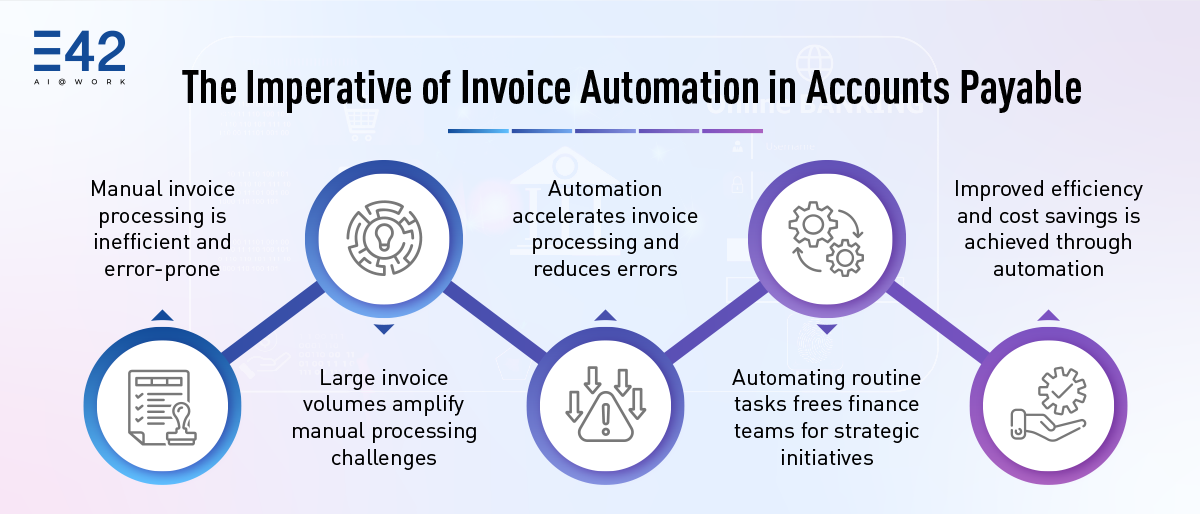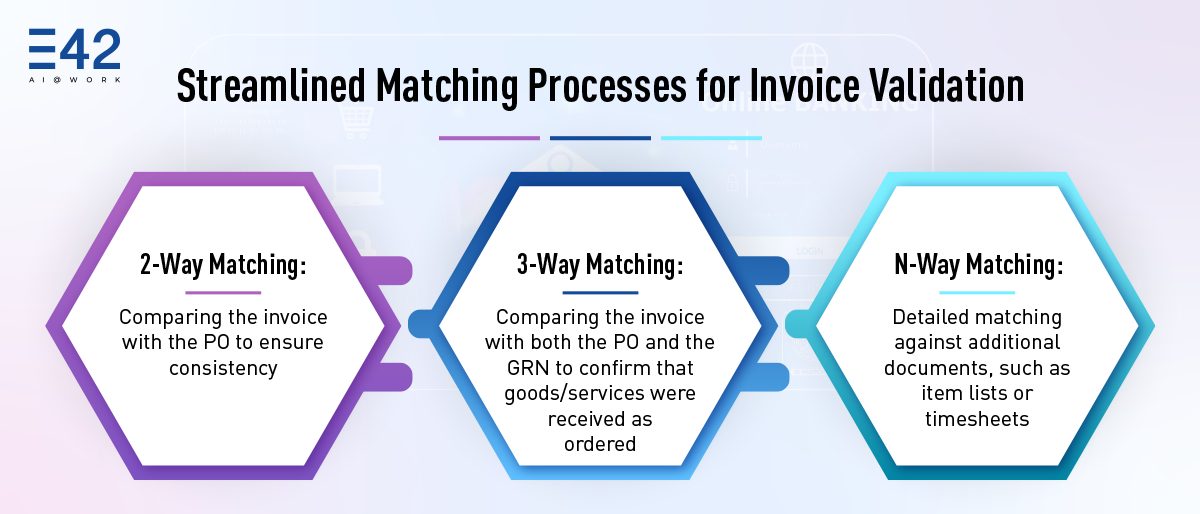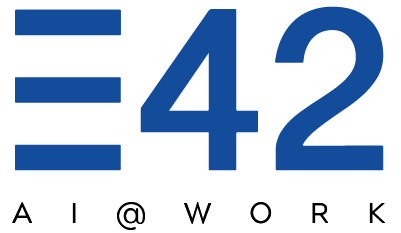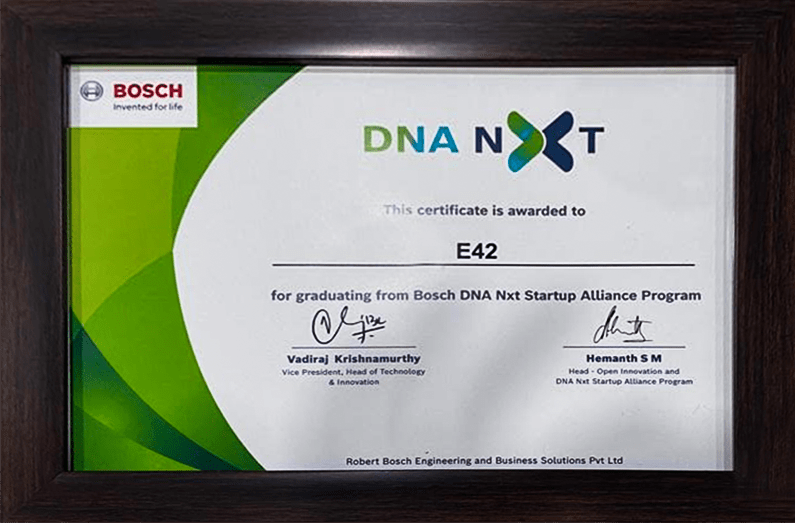Invoice processing in Accounts Payable is like a potential minefield. A single error can detonate into costly overpayments, late fees, or even regulatory breaches. For many businesses, this is the harsh reality of manual Accounts Payable. The process is slow, error-prone, and a constant drain on resources. Automated validations can help mitigate these risks by ensuring accuracy and compliance from the outset.
According to the 2023 AFP Payments Fraud and Control Survey, 80% of organizations reported being targets of attempted or actual payments fraud, marking a 15-percentage point increase from the previous year. In addition to the risk of fraud, manual Accounts Payable processes often lead to inefficiencies that can hinder a company’s financial health. Delays in processing invoices can result in missed early payment discounts and strained supplier relationships. Furthermore, the lack of real-time visibility into outstanding liabilities can complicate cash flow management and financial forecasting.
By leveraging intelligent software, businesses can transform their AP departments from units to strategic profit centers. Such software can accurately extract data from invoices, verify information against purchase orders and contracts, and automatically route documents for approval. This results in accelerated processing times, reduced errors, and improved cash flow.
What is Invoice Processing in Accounts Payable?
Accounts Payable involves the systematic handling of incoming invoices to ensure accurate and timely payment to suppliers. This process includes receiving invoices, verifying their accuracy against purchase orders, ensuring compliance with internal policies and external regulations, and entering data into the accounting system. Effective invoice processing is essential for maintaining good vendor relationships and efficient cash flow management.
To process invoices efficiently, organizations often use automation tools to reduce errors, speed up approval workflows, and improve overall financial control. Robust validation mechanisms are critical in this process to avoid discrepancies and ensure all invoices meet the necessary criteria before payment is authorized.
The Need for Automation in Invoice Processing in Accounts Payable

Manual validations and operations in invoice processing are inherently limited, especially when dealing with large volumes of invoices. Human errors are inevitable, leading to inaccuracies that can disrupt financial reporting and compliance. Additionally, manual processes are time-intensive and costly, often requiring substantial human resources to manage routine tasks.
Invoice processing in Accounts Payable automation addresses these limitations by introducing efficiency, accuracy, and cost-effectiveness. Automated systems can handle vast quantities of invoices with speed and precision, reducing the need for manual intervention. This shift not only improves operational efficiency but also allows finance teams to focus on more strategic activities.
Automated Validation Processes and Operations
Automated validation processes in invoice processing in Accounts Payable significantly enhance quality assurance by utilizing advanced algorithms to identify and correct errors and inconsistencies. This method not only boosts efficiency but also minimizes human error and ensures adherence to industry standards. By automating repetitive tasks, teams can dedicate more time to strategic activities, thereby improving overall productivity and reliability. This streamlined approach ultimately leads to higher quality outcomes and more robust operational performance. Here is a breakdown of how it happens:
Invoice Data Validation
Automated systems excel in validating key invoice data, ensuring accuracy and compliance from the outset. These systems can verify details such as vendor information, item descriptions, tax calculations, and amounts. By cross-referencing this data with internal databases and external sources, automation ensures that only accurate and compliant invoices proceed through the workflow.
For instance, invoice processing in Accounts Payable entry-level validations include checking for duplicates, verifying extracted data (vendor details, item specifics, taxes, amounts, etc.), and ensuring data formats meet ERP requirements. Automated systems also handle multiple currencies accurately, converting them as per the relevant exchange rates.
Post Extraction Steps
After initial data extraction, invoice processing software performs additional validations and data derivations. These include:
- Derivation of Additional Field Data: Automation can derive necessary data fields, such as General Ledger (GL) codes, from predefined rules
- Currency Conversion: Using APIs, automated systems can convert transaction currencies to home currencies
- Data Feeding: The validated and enriched invoice data is fed into the accounting system, incorporating GL codes, cost centers, and other necessary details
2-Way, 3-Way, N-Way Matching

One of the critical aspects of invoice validation is matching invoices against purchase orders (POs) and goods receipt notes (GRNs). Automated systems facilitate:
- 2-Way Matching: Comparing the invoice with the PO to ensure consistency
- 3-Way Matching: Comparing the invoice with both the PO and the GRN to confirm that goods/services were received as ordered
- N-Way Matching: Further detailed matching against additional documents, such as item lists or timesheets, to ensure comprehensive validation
Exception Handling
Automated invoice processing software are adept at identifying and handling exceptions, significantly reducing the need for manual intervention. When discrepancies arise, the system flags these exceptions for review. This might include discrepancies in amounts, missing details, or mismatches in data. Exception handling workflows can involve multi-level authorization (maker-checker) to ensure that only validated exceptions proceed.
Benefits of Automated Validations and Operations
- Efficiency Gains: Automation delivers significant time and cost savings. By eliminating manual tasks, organizations can process invoices faster and with fewer resources. This efficiency gain translates to reduced operational costs and improved productivity.
- Accuracy Improvement: End-to-end, robust and automated validations drastically reduce errors, ensuring high data accuracy. This improvement in accuracy leads to better financial reporting, compliance, and decision-making.
- Scalability: Automation provides the scalability needed to handle increased invoice volumes without a proportional increase in resources. This scalability is crucial for growing businesses that need to manage expanding operations efficiently.
- Entry-Level Validations: These systems perform essential entry-level validations, including checking for duplicates, validating vendor and item details, and ensuring data formats meet ERP requirements. These initial checks lay the foundation for accurate invoice processing.
- Post Extraction Steps: Post extraction, automated systems derive additional field data, convert currencies, and feed enriched data into the accounting system. These steps ensure comprehensive validation and accurate financial reporting.
- Workflow Configuration: AI allows for configurable workflows, including multi-level authorization (maker-checker) and exception handling. These configurations ensure that every invoice undergoes appropriate scrutiny before approval.
- Auto-Response Capability: Invoice processing software can acknowledge the receipt of invoices and communicate with vendors regarding missing or incorrect details. This improves vendor communication and reduces delays in invoice processing.
Conclusion
The transformation of invoice processing and Accounts Payable through automated validations and operations is a game-changer for organizations. By leveraging advanced technologies like AI and machine learning, businesses can achieve unprecedented levels of efficiency, accuracy, and scalability. Automated systems streamline every aspect of the AP process, from initial data validation to payment processing, ensuring that businesses maintain healthy cash flows and compliance.
Kickstart your finance automation journey and ensure robust invoice validation with us!



